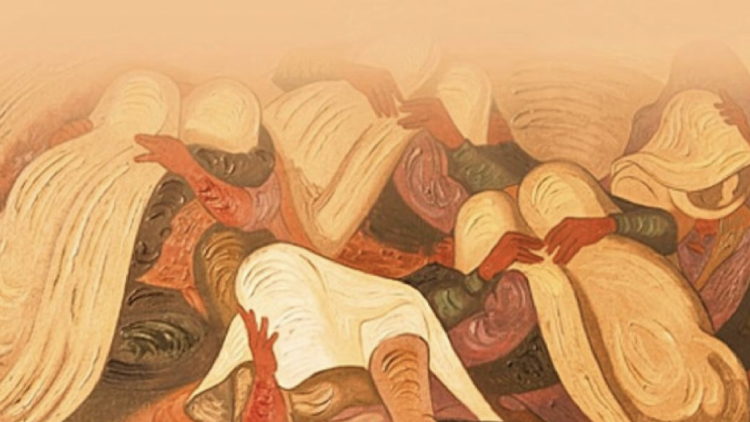
The 'Strangers' Home

Key information
- Date
- Time
-
6:30 pm
- Venue
- SOAS Gallery (Brunei Gallery)
- Room
- BGLT
About this event
Screening of a documentary exploring how sailors from across the British empire and beyond built a community around London's Docks in the late 19th and mid-20th centuries, as well as a Q&A and exhibition.
Prior to the 1850s, the area we now know as the Royal Docks, situated approximately four miles east of the City of London, was little more than a barren strip of marshland on the banks of the Thames. Over the next 90 years the place would change beyond all recognition. Three huge new docks were built here to cater to increasing trade resulting from Britain’s expanding empire.
As well as goods coming from all over the world, sailors from across Africa, the Arabian Peninsula, Asia, and the Caribbean also came working on board the ships. Many of them stayed: some for short periods, some for the rest of their lives – starting families, finding work, and building communities. Many served for Britain in the First and Second World Wars.
Despite this, sailors from across the empire were paid up to one eighth of their British or European counterparts. These people faced racism, both structurally and in their everyday lives, scapegoated in the press and in official legislation as the cause of Britain’s problems. Riots following the First World War against the dockside communities where these sailors settled brought this to a peak. In reaction, race became part of immigration policy of the British government for the first time, as they sought to restrict and control a population of people they termed ‘aliens’ and prevent them from mixing with local white people.
In The “Strangers” Home we speak with descendants of this community of sailors and their families to try and gain some understanding into the lives of this community. We speak with academics from the Mixed Museum and the University of Bristol to further understand the reaction from government and press at the time, and why these people’s voices don’t appear in archives or museums. We also reflect on the legacy of this history for present day Britain and the way that it continues to manifest itself in various parts of society.
The documentary will be followed by a Q&A with contributors to the film, plus an exhibition curated by independent scholar Asif Shakoor.


